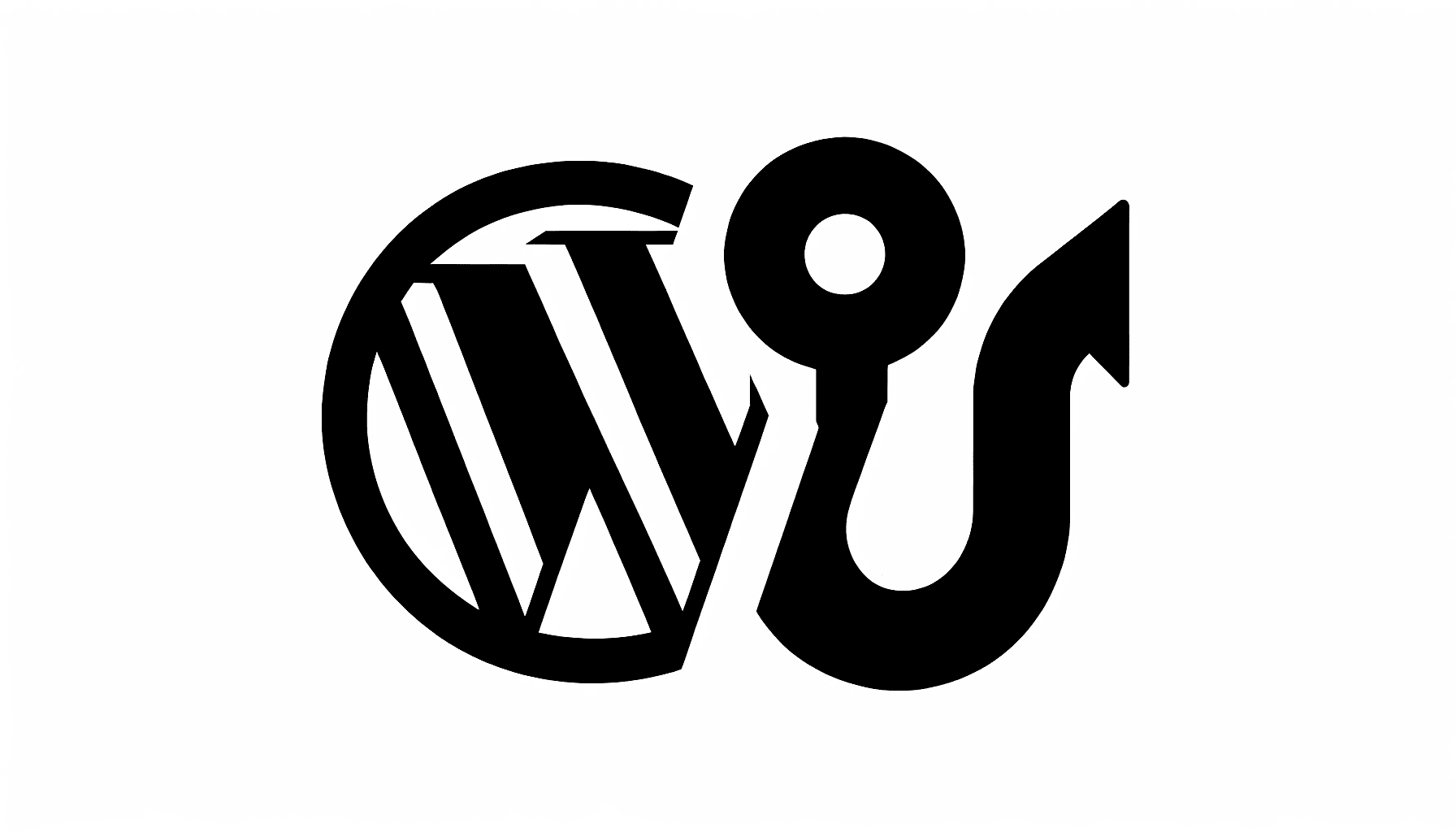WordPress is a free and open-source content management system (CMS) allowing users to create and manage websites easily. Initially released in 2003 by Matt Mullenweg and Mike Little, WordPress began as a simple blogging platform but has since evolved into a versatile tool capable of managing complex websites.
It is built on PHP and MySQL and is known for its simplicity and flexibility.
Why is WordPress Popular?
Several key factors contribute to the immense popularity of WordPress:
- Ease of Use: WordPress is renowned for its simplicity. Its intuitive interface makes it easy for non-technical users to add and manage content, customize designs, and install plugins.
- Flexibility: WordPress is highly flexible due to its extensive themes and plugin system. With thousands of free and premium themes available, users can easily change the appearance of their site. Furthermore, its plugin architecture allows for adding functionality ranging from SEO tools to social media integration without custom code being written.
- Active Community and Support: The WordPress community is one of the largest and most active among CMS platforms. This community contributes themes, plugins, updates, and provides extensive support through forums, blogs, and meetups.
- SEO Friendly: WordPress is designed with SEO in mind. Features like customizable permalinks, automatic generation of title tags and headings, and the ability to use .htaccess to create static URLs help increase rankings in search engines.
- Scalability: WordPress sites can grow with your needs. From small personal blogs to large corporate websites, WordPress can handle significant amounts of traffic and content, all while maintaining performance.
- Open Source: WordPress is open-source software, so it is free to use and modify. A large community of developers continually improves the core software and creates diverse plugins that allow users to customize their sites to their specific needs.
Why Should We Use WordPress?
WordPress should be considered for website development for several reasons:
- Cost-Effective: WordPress itself is free, and many of its themes and plugins are also free or reasonably priced, making it cost-effective for startups and small businesses.
- User-Friendly: Its ease of use minimizes training time and costs. Non-technical users can manage site content without IT help.
- Robust Security: With regular updates and a vast community constantly monitoring security, WordPress is a secure platform, though it’s essential to follow best practices in security management.
- Mobile Responsiveness: Most WordPress themes are responsive, crucial for modern SEO and user experience.
What Types of Websites Can WordPress Be Used For?
WordPress’s flexibility allows it to be used for a wide array of websites:
- Blogs: WordPress was initially built as a blogging platform and continues to offer excellent support for bloggers.
- Business Websites: From small businesses to large corporations, WordPress serves as a robust solution for a business presence online.
- eCommerce Sites: With plugins like WooCommerce, WordPress can easily manage an online store.
- Portfolios: Professionals looking to showcase their work can use WordPress to create beautiful portfolio websites.
- Online Courses and Membership Sites: WordPress can manage memberships, sell courses, or offer subscription-based services.
- Forums: Using plugins like bbPress, you can set up your community forum.
- Event and Booking Websites: WordPress can manage event calendars, bookings, and ticket sales.
In conclusion, WordPress’s wide-ranging capabilities make it an ideal choice for virtually any type of website. Its ease of use, extensibility, robust community support, and SEO-friendly features explain its status as the most popular CMS in the world. WordPress offers the tools and resources necessary for success, whether you are a blogger, business owner, or a professional looking to build your online presence.




